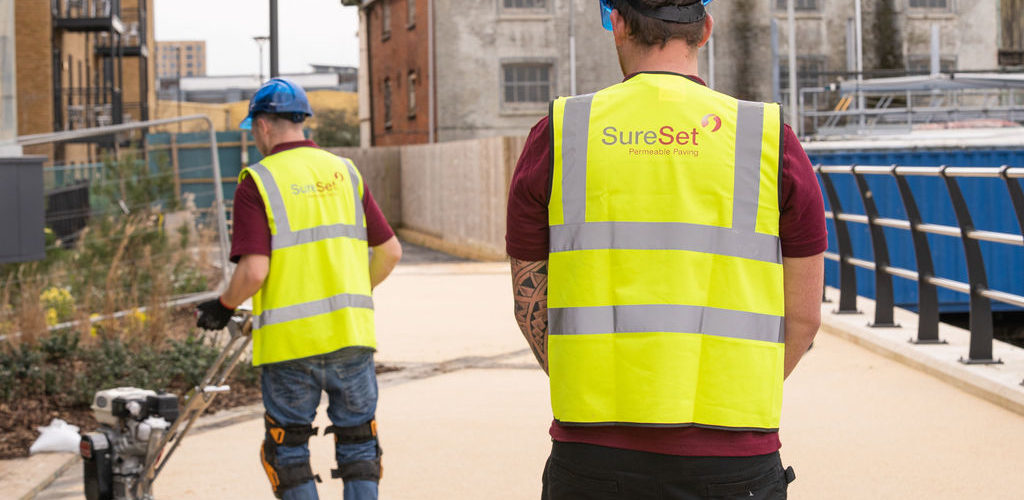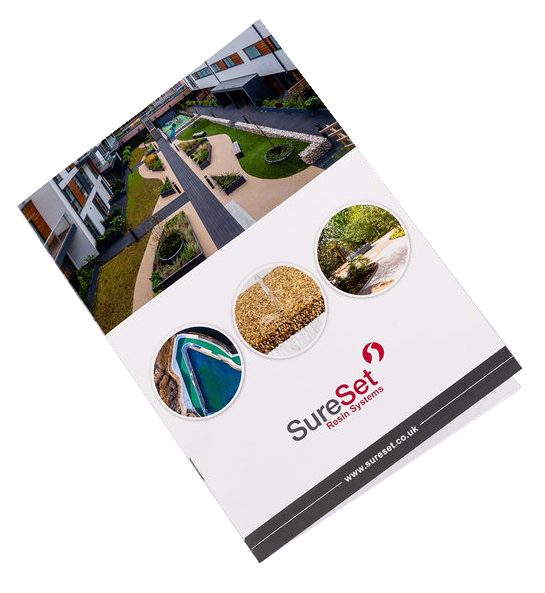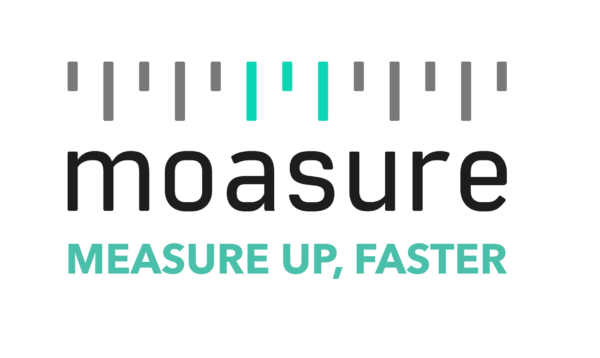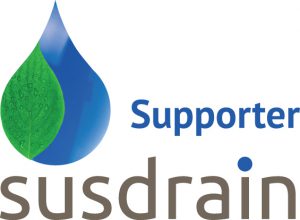
Installation methods for resin bound paving
If Springtime is the time for new growth and fresh beginnings, then our Operations Team must be feeling like newborn lambs!
We have recently initiated some exciting changes to our Ops Team, from May, the Team is headed up by Anna Miller. As our Operations Manager, she project coordinates with many construction industry professionals daily.
From our Wiltshire Head Office - juggling the weather, transport, deliveries, suppliers, customer expectations, and much more - every project is as unique as the next and Anna ensures projects are planned to achieve our installation are to a high level, this is a reflection on her commitment to the business and learning new skills, but also understanding the importance of staff development and evolving installation methods and techniques.
Once an order has been placed all the logistics involved in organising the installation including a pre-install visit, ensuring stock is delivered on site, and on time for a project to run as smoothly as possible for our customers – this is important to ensure we complete our projects to a standard we pride ourselves on.
With our continuous effort to train and use alternative methods our installation operatives have the ability to work at ease, at high efficiency with one of our most modern approaches to installing resin bound paving, using a mechanical method called ‘power floating’.
Power floating has been an installation method traditionally used for concrete installations, but with a few adjustments, we have been able to develop a way to use power assisted floats for resin bound paving.
Over the years we have developed the ‘power floating’ technique to cater to different challenges in the industry.
We have custom made blades for the floats which eliminate burnishing of the surface, even on the hardest stone types available; this means the beauty of the stone used is clear and vibrant.
Different weights of ‘mechanical floats’ are also used depending on the surface temperature, the depth of lay, and the gradient of the surface. This means we can install resin bound paving to the highest quality all year round on all aggregate and surface types.
There are two types of power-assisted floats that we use, the first is what we call our Hover Float, this is the more lightweight version of the two and is often used in the summer months when the material is more fluid.
The second is the Power Float this is heavier, weighing around 50kg, and generally used in the winter months.
We have noticed the performance of our resin bound installation is impeccable with the use of a mechanical float, the materials become smooth and compact whilst keeping our porosity levels the same as when using a traditional hand float but we can complete the work in a timely manner and support the wellbeing of our installation team.
Watch our recent video, that covers all our installation methods of laying resin bound paving.
SureSet takes care to arrange the installation around a period of at least four hours of dry weather; allowing freshly laid SureSet permeable resin bound paving the opportunity to cure and harden before any chance of rain.
On average SureSet needs a curing time of between six to eight hours for pedestrian traffic and 12-16 hours for vehicular traffic.
During and after installation our operatives work tidily and with respect to you and neighbouring properties. They protect adjacent areas to minimise the risk of resin contamination and take their rubbish when they leave.
"Either you run the day or the day runs you. Having the mechanical float options on site makes the workers happier and generally gets the job done quicker, I tend to alocate them on larger jobs further away from home and it has made a world of difference for planning and meeting expectations."
Anna Miller | SureSets Operations Manager
For more information about our installation methods please contact trade@sureset.co.uk












